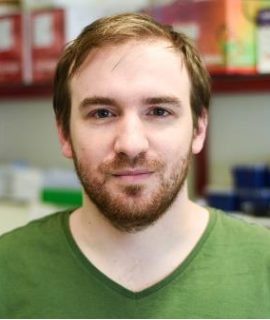Title : Diagnostic Delay of Spinocerebellar ataxia type 3 in Rio Grande do Sul (South Brazil)
Abstract:
Spinocerebellar ataxia type 3/Machado-Joseph disease (SCA3/MJD) is a rare disease with diagnosis offered by the Unified Health System in Brazil. Medical Genetics Service of Hospital de Clínicas de Porto Alegre, is a center of reference in service for rare disease, receiving individuals not only from the entire state of Rio Grande do Sul (south of Brazil), but also from other countries of South America. We investigate the diagnostic delay in an interval of 23 years in a public university hospital, and some potentially determining factors for the delay. A retrospective review of the medical records of subjects identified at our institution in almost 20 year (1999 and 2017) was carried out, all residents of Rio Grande do Sul. The diagnostic delay was equivalent to the difference between age at onset of symptoms and age at molecular diagnosis. Calendar years, educational level, sex, distance between the household and the clinics, age and being the index case were evaluated to be study as modifying factors. We found that SCA3/MJD had a median diagnostic delay of 5 years, were index cases had major delay than subsequent family members (6 versus 4 years). Delay correlated with age, but not with age at disease onset. No change was observed with the level of education of individuals or with the distance between household and hospital. The diagnostic delay of SCA3/MJD is high in our region, where its occurrence has been reported for years. Failure to change the delay over the years suggests ineffective dissemination of information to the population, but a smaller lag among younger people can portray the effect of digital inclusion. On the positive side, the public health system is working well, allowing equitable access of subjects living in Rio Grande do Sul to genetic consultations regardless of the distance from the center of reference.
What will audience learn from your presentation?
• The audience will learn some possible causes for the delay of diagnosis in neurogenetic diseases.
• They can use this approach to identify if the causes of delay in different regions of the world is cause by the same factor, or the factor is dependable of regions.
• Will helps to develop ideas to facilitate access to diagnosis.
• Understand that the dissemination of information of neurologic disorders to population can increase the diagnosis of the same.




